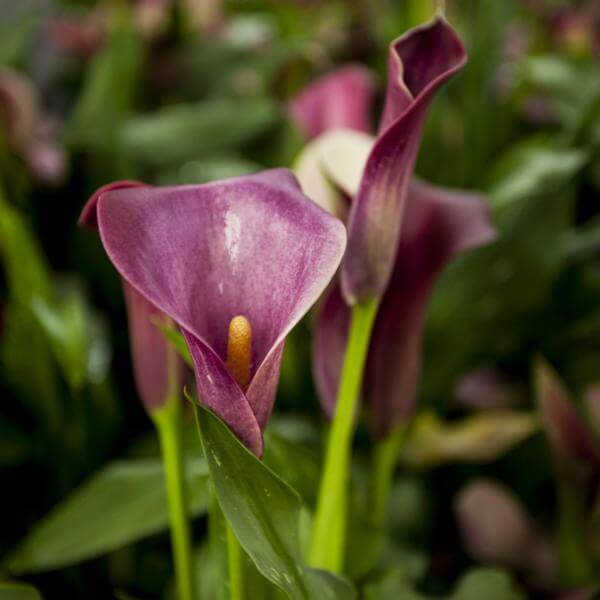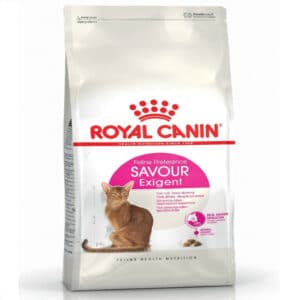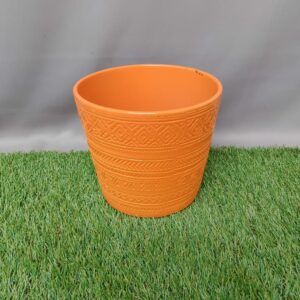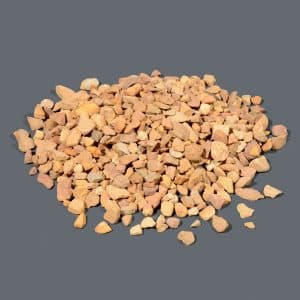Indoor plants for medium light conditions
Indoor plant tips

There is no doubt that healthy indoor plants add a fresh appeal to your home. A delicate emerald-green fern can lift a décor setting beautifully.
To make the best use of indoor plants, it is important to know which plants will thrive in the lighting conditions prevalent in your home. Bedrooms and living areas are generally north facing – which we label as ‘medium light’ areas. Some plants require medium light; others need high light, so note the differences between the two. High light areas receive bright filtered light, for example, in the window of a north-facing room. Medium light areas receive medium to bright filtered light, with no sunshine, such as behind the curtains in a light room.
The range of medium light plants that will do well in your living and bedroom areas is enormous. When you consider their health-giving properties, the appeal of indoor plants is doubled. These useful plants add moisture to the air while they also detoxify.
Upright plants
Dieffenbachia (Dumb cane) – Large, bright green leaves with cream to yellow variegations along the leaf veins make the dumb cane a striking plant. Grows up to 1m. Apply a fertiliser monthly. Keep moist, but do not overwater. This plant is an irritant if consumed. Available year-round.
Feature plants
Adiantum (Maidenhair Fern) – The maidenhair fern has a delicate beauty all of its own, with its fine, lacey foliage. As it matures, spore sacs on the undersides of the leaves heighten its textured appeal. This fern appreciates humidity, making it ideal for bright bathrooms or kitchens. Fertilise monthly. Stand your fern on a dish of water with pebbles, or near a dish of water to increase humidity. Available year-round.
Nephrolepis (Boston Fern) – An old favourite, the Boston fern grows long erect fronds, which arch over as they mature. Many varieties are available, including Boston Gold, which has bright yellow green leaves. Water and mist daily in summer, cut back on water in winter. Apply weak fertiliser monthly. Pull out old fronds to encourage re-growth. Available year-round.
Asplenium (Birdsnest Fern) – The bright green, glossy leaves of the bird’s nest fern add a surreal, tropical look, which can work well in contemporary or traditional homes. Be sure to keep your fern moist at all times in summer, cutting down a little in winter. Feed with fern food every two weeks. Keep this plant out of general walk-ways, as it does not respond well to having its leaves touched. Available year-round.
Peperomia – The velvety quilted leaves and unusual pink stems of the Peperomia can be planted in a shallow bowl, where it forms a neat cushion of growth. Spires of growth are topped with interesting slender cream bracts. Keep it moist (but never waterlogged). Apply liquid fertiliser monthly in summer. Remove old or damaged leaves. Available year-round.
Trailing Plants
Nertera granadensis (Bead plant) – This remarkable species looks like a peace-in-the-home plant, with the attractive addition of small shiny orange, yellow or white berries. The bead plant is a fabulous table decoration. It also looks very effective grouped on the coffee table. Fertilise monthly in summer. Allow to stand in a bowl filled with 2cm of water. Available from May – December.
Syngonium (Arrowhead Plant) – Another old favourite, this variegated climber grows vigorously if well attended. Its lovely soft shade of green brightens a contemporary room. An asset to kitchen and living areas, the Arrowhead plant can trail over counters, or be coaxed to climb up walls. Apply liquid fertiliser every 2 weeks from spring to autumn. Keep moist but do not over-water. Available year-round.
Plants with colour
Phalaenopsis (Moth orchid) – Elegant arching stems topped with incredibly beautiful butterfly-shaped flowers make this orchid a show stopper. Developed especially to withstand the dry climate caused by air-conditioning, this plant is very easy to care for. With blooms that can last up to three months, the Phalaenopsis is worth every penny you pay for its premium price. Water weekly – allowing the soil to dry out between watering. Apply fertiliser monthly. Available May – December.
Zantedeschia (Calla lily) – The new varieties of Zantedeschia look exceptionally elegant and contemporary. They are a pleasure to grow, both indoors and out. A beautiful golden orange arum in a red ceramic pot will complement modern décor settings, while adding richness and chic to ethnic decors. Keep your arum moist in summer, but cut back on watering in winter. Fertilise every two weeks, or until flowers have faded. Plant indoors in a medium-to-bright filtered light environment, or outside in filtered shade. Available from November to January.
You might also like
Shop online
-
- Sale!
SAVOUR EXIGENT 400G , 2KG , 4KG OR 10KG
- R91.99 – R1,299.99
- Select options This product has multiple variants. The options may be chosen on the product page Learn More
-
- Sale!
POT COVER CERAMIC LINA MANDARIN GLOSS TRIBAL 16.5 CM
- Original price was: R399.99.R279.99Current price is: R279.99.
- Add to cart Learn More
-
PLASTIC WALL BRACKET WHITE / TERRA / GREEN / BLACK
- R44.99
- Select options This product has multiple variants. The options may be chosen on the product page Learn More
-
DRAINAGE CHIPS
- R69.99 – R99.99
- Select options This product has multiple variants. The options may be chosen on the product page Learn More




